
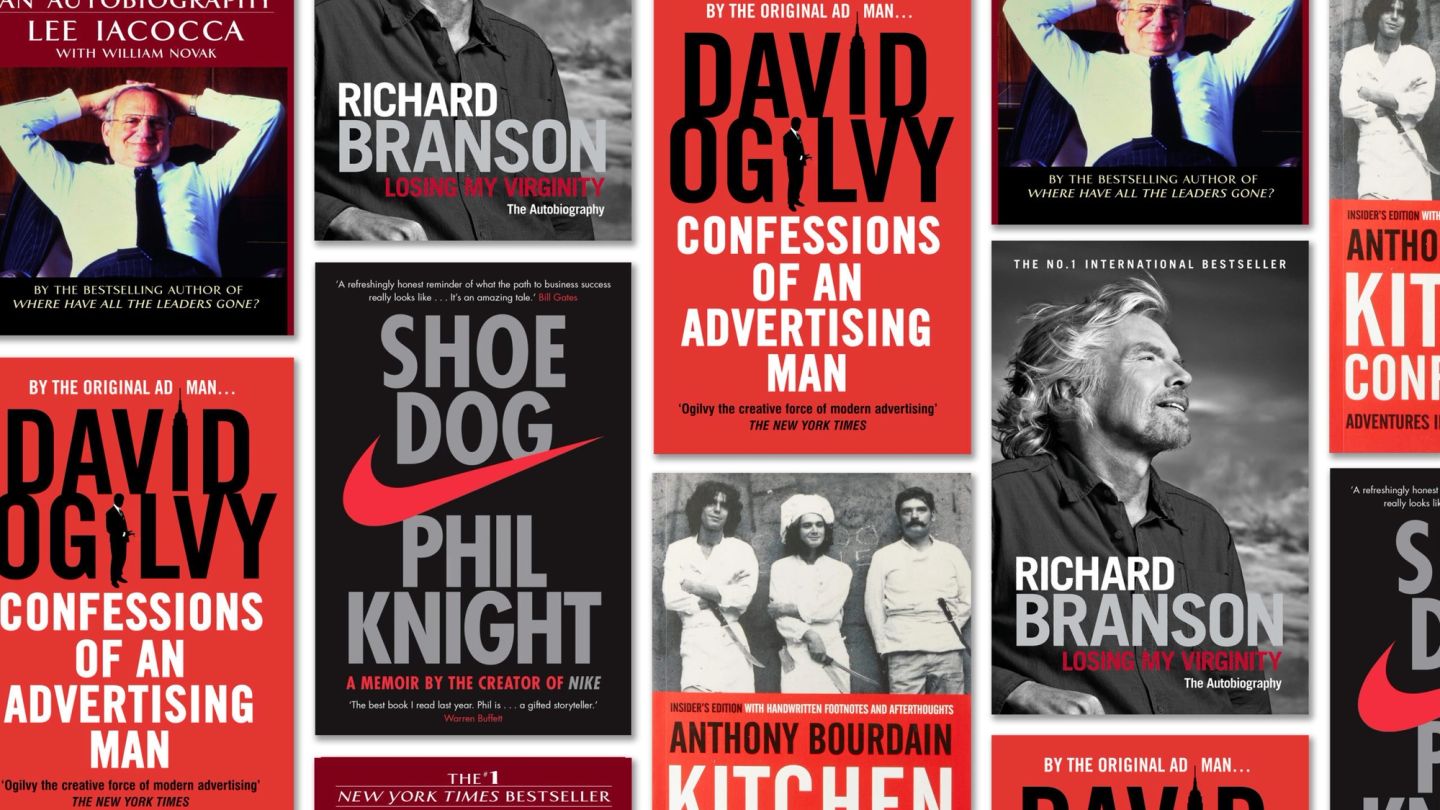
The business autobiographies you’ll actually learn something from
Penned by figures from the chiefs of Nike and Starbucks to one of the best advertising minds in history, these page-turners are also lesson-learners
Words: Jonathan Wells
There’s undeniable fun in business memoirs — and we’re not talking the quaalude-popping, Lamborghini-crashing, midget-tossing tittle-tattle you’ll find in some self-congratulatory autobiographies. No, we’re after a different kind of thrill. We want to read those knife-edge accounts of late nights in the office, the eureka moments when a logo design just clicks or the blow-by-blows of high-stakes boardroom bust-ups.
That’s the real entertainment of entrepreneurs; the tales worth telling, and the stories worth learning from. So, to help any budding businessmen out there, we’ve wheedled out the best autobiographies from professionals across many different industries, from car racing to countrywear, that are as exciting as they are engaging. Who knows, you might even learn a thing or two…
Shoe Dog, Phil Knight, 2016
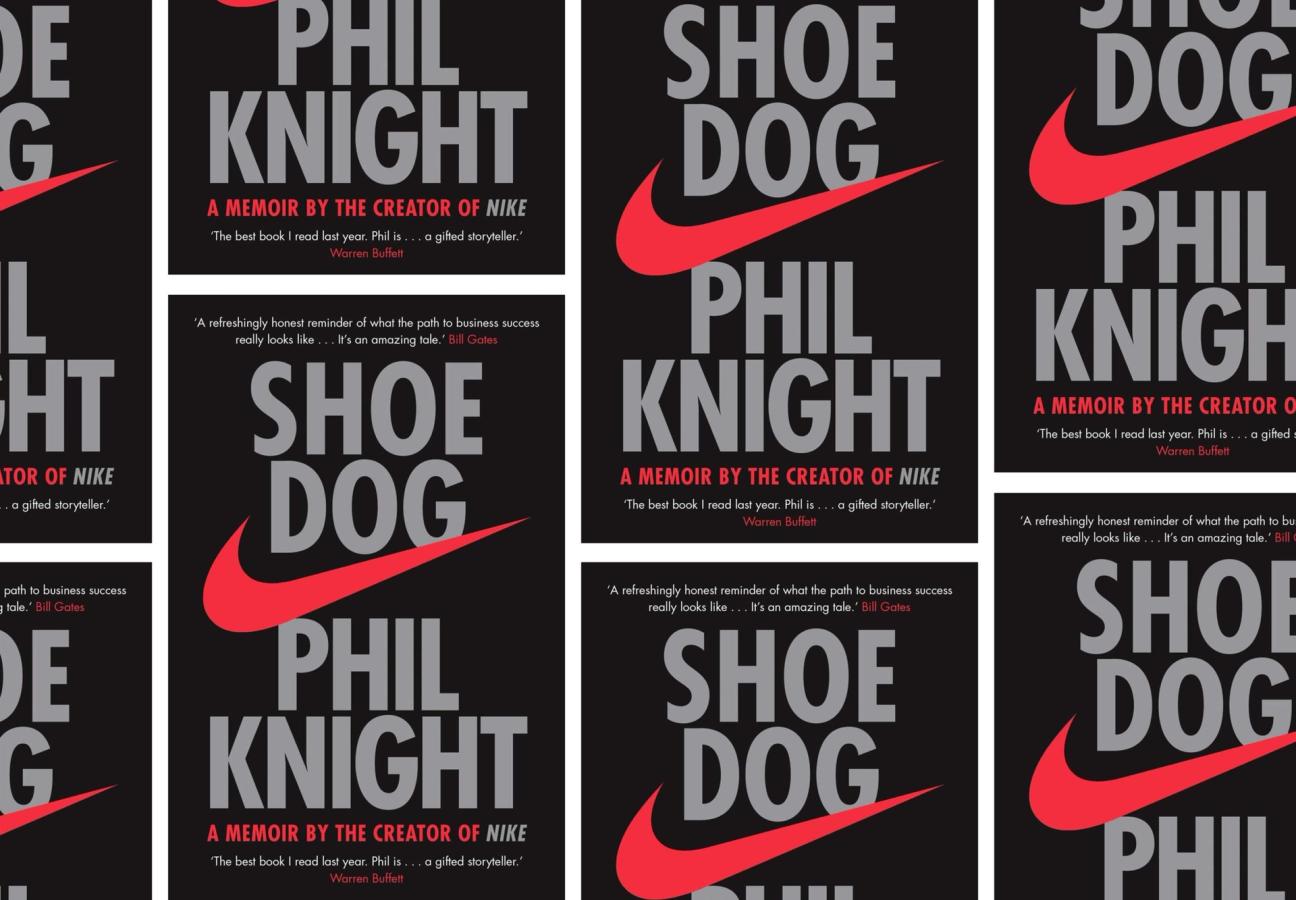
Subtitle: ‘A Memoir by the Creator of Nike’
Best story: Surely the story behind the Swoosh. “I don’t love it,” Knight told graphic design student Carolyn Davidson when she sketched it for just $35, “but I think it will grow on me”. Boy, did it — today, the logo alone is worth more than $26 billion.
What you’ll learn: So, so much. But the key takeaways from Knight’s life story are simple. Start before you’re ready, because things will always find a way to come together if you work hard. It pays to be a hands-off leader and admit where your expertise ends. And you shouldn’t be chasing a career; you should be looking for a calling.
iWoz, Steve Wozniak, 2006
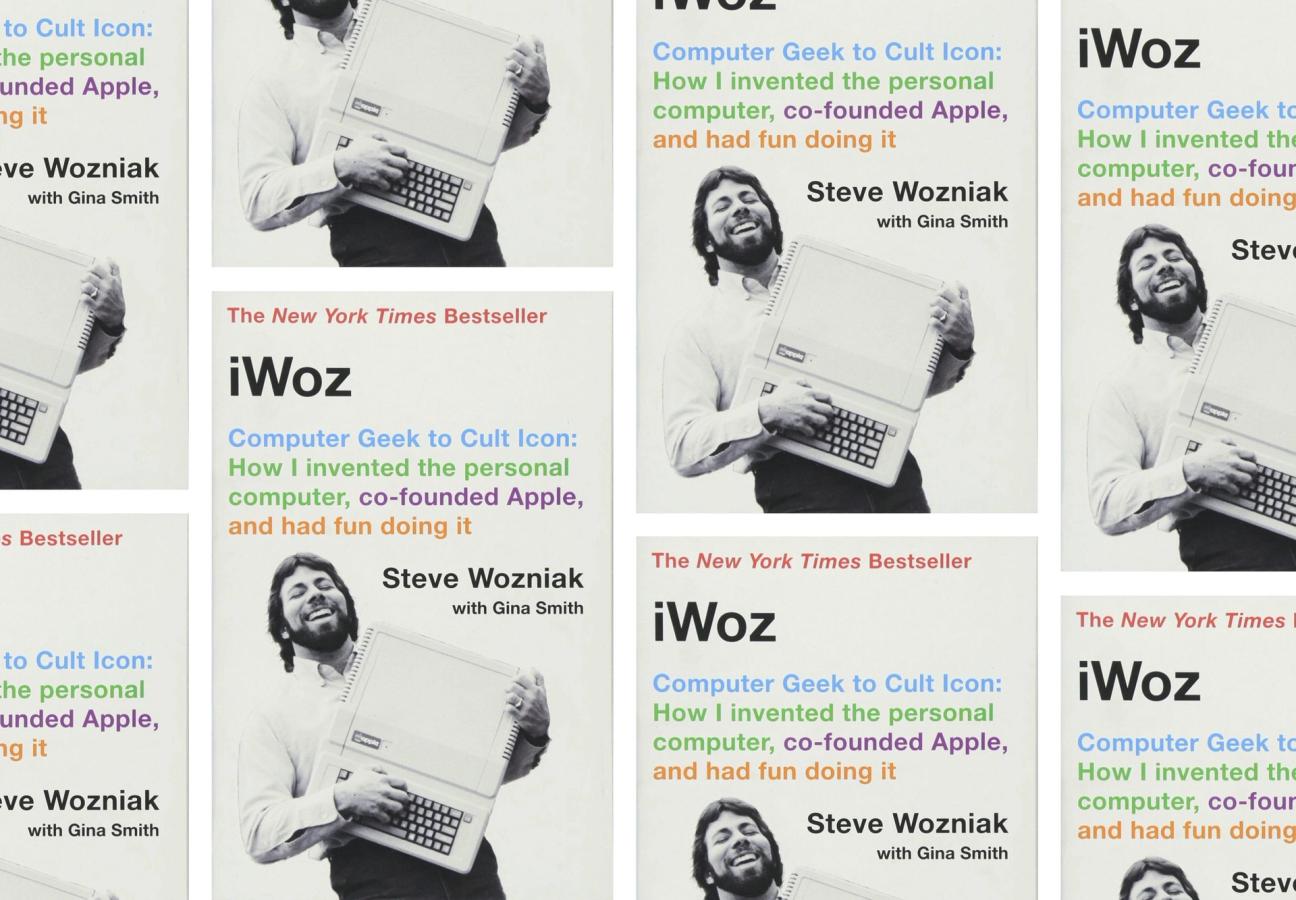
Subtitle: ‘From Computer Geek to Cult Icon: How I Invented the Personal Computer, co-founded Apple, and had fun doing it’
Best story: Surprisingly, not one which mentions Steve Jobs. Instead, it comes early on — when Wozniak was cheated out of the top award at the Bay Area Science Fair. The school hosting the fair awarded the top three prizes to its own students — until Apple’s future co-founder showed the top judges how he’d switched from resistors to diodes to solve the nonworking problem in the electronics of a gate (no, us neither) and scooped the top prize at the twelfth grade fair. He was in eighth grade.
What you’ll learn: It’s an easily digestible autobiography; with his story told in short vignettes. But a common theme is patience. Whether Steve Jobs was scamming Wozniak out of money — something the late entrepreneur did frequently — or Wozniak himself was taking time to properly develop ideas he could have easily rushed through, Wozniak’s tale will teach you that good things come to those who wait.
Let My People Go Surfing, Yvon Chouinard, 2005
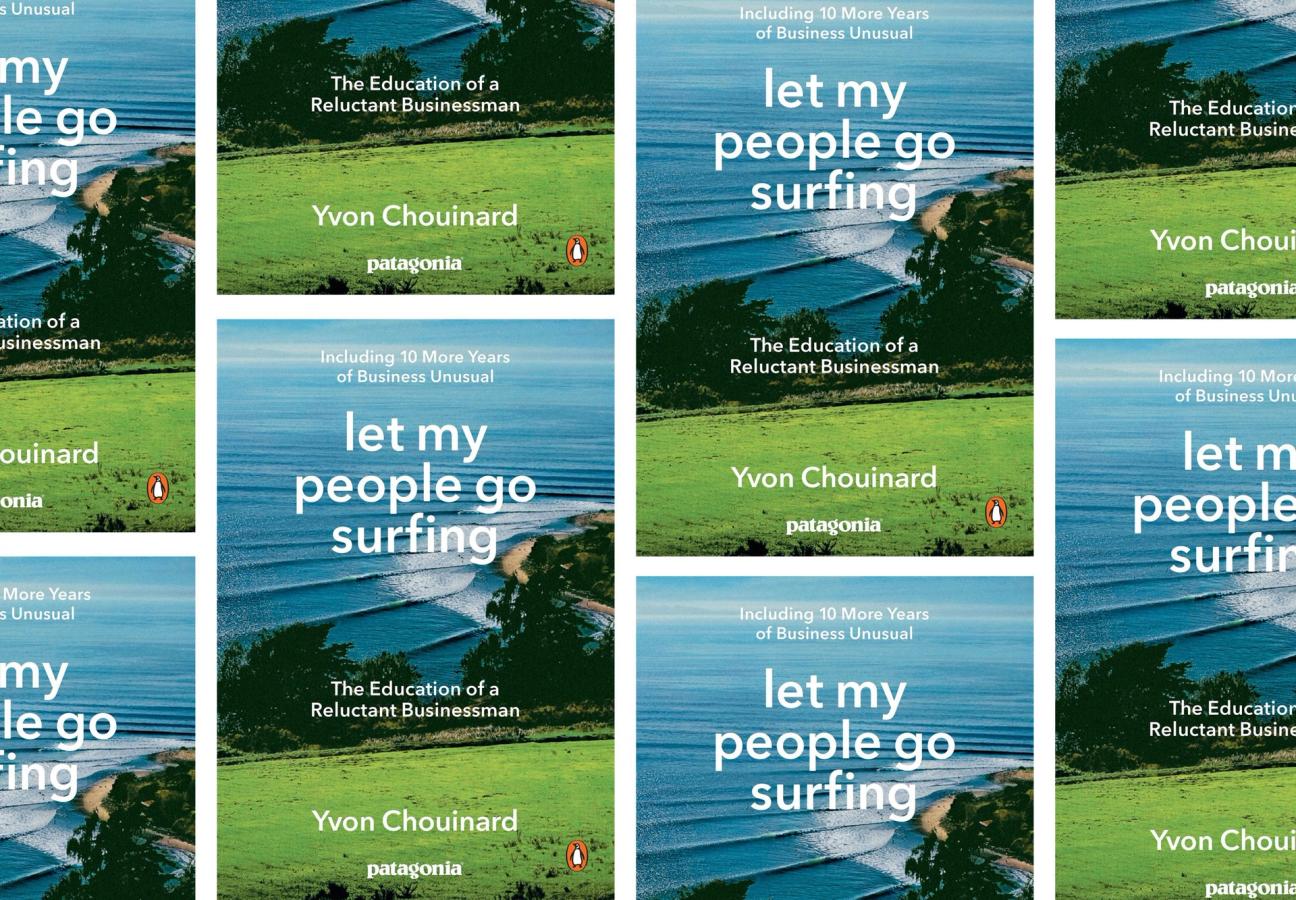
Subtitle: ‘The Education of a Reluctant Businessman’
Best story: Patagonia’s founder is passionate about the environment, so the hardest-hitting passage in this autobiography comes when he describes a trip to the San Joaquin Valley in 1994. “We could smell the selenium ponds, and see the lunar landscape of cotton fields,” he writes. We hear Chouinard’s thoughts, feel his pain and live through the moment he decided, on that trip, to only use 100 percent organic cotton from that moment on.
What you’ll learn: To be flexible. The title of the book itself refers to Chouinard’s flexible workplace, where “we shut down whenever the waves were six feet, hot and glassy”. Patagonia has always allowed employees to work flexible hours, as long as the work gets done. And the founder’s leap of faith in his workforce proves that we should all have a little more trust in our employees.
Pour Your Heart Into It, Howard Schultz, 1999
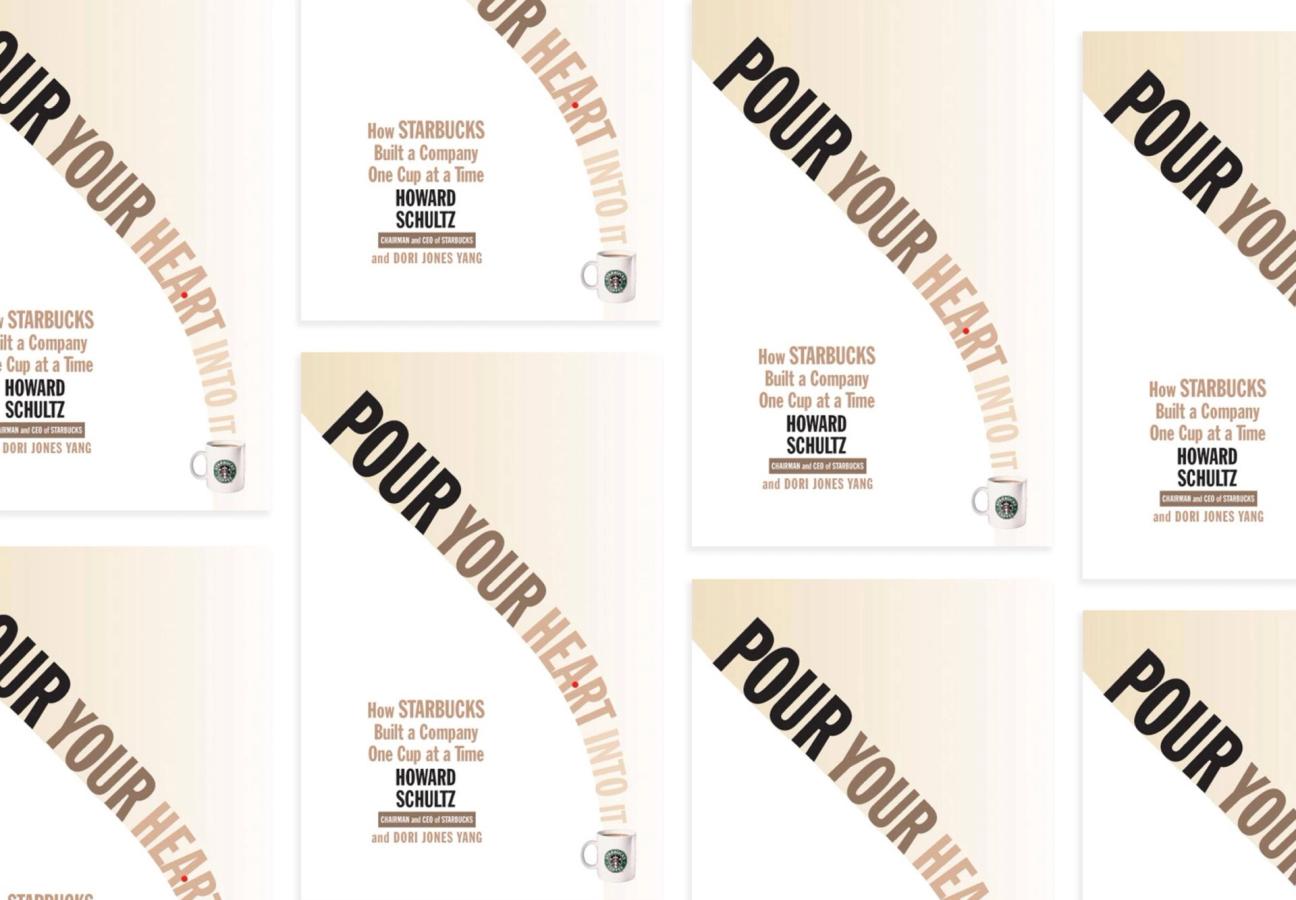
Subtitle: ‘How Starbucks Built a Company One Cup at a Time’
Best story: The former CEO and now chairman emeritus of Starbucks is not the company’s founder. But, from 1987 onwards, he built the company into the caffeinated conglomerate it is today. His most heart-warming anecdote? The letters of thanks he received from mothers and children from his old underprivileged neighbourhood, Canarsie, Brooklyn, telling him that his success story had given them hope for a brighter future.
What you’ll learn: To never forget your roots. Even if you ‘escaped’ an old life thanks to your success, Schultz will remind you to go back and help others. There’s a particularly poignant passage about his old school football team — a group that the businessman financially supports because he sees potential, not to mention his younger self, in the players.
Losing My Virginity, Sir Richard Branson
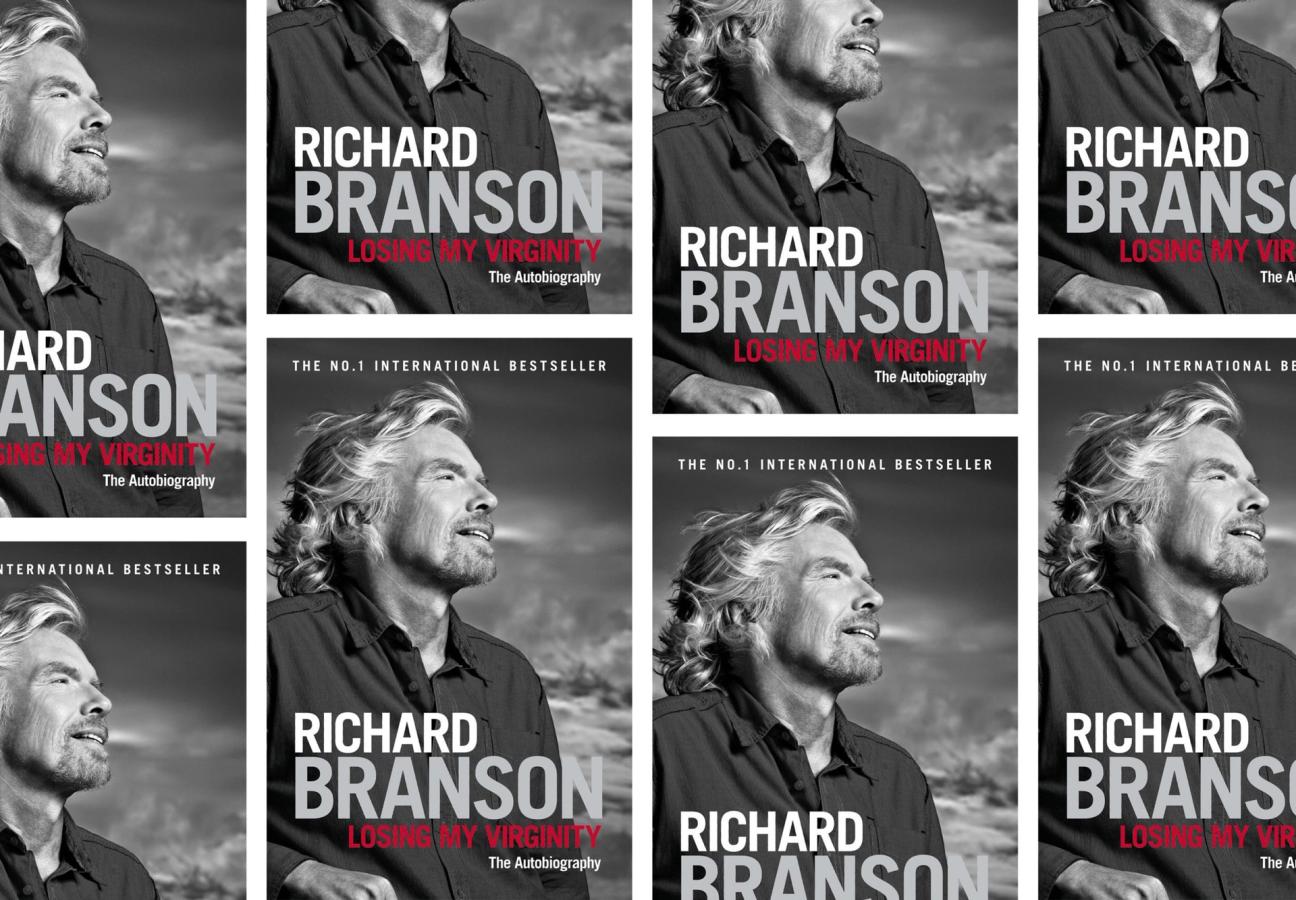
Subtitle: ‘How I’ve Survived, Had Fun, and Made a Fortune Doing Business My Way’
Best story: There’s a great part, where Richard Branson seems to be in crisis and the hippy Virgin Records is failing to sign any artists from the new aggressive wave of punk bands. In part-frustration, part-savvy spur-of-the-moment business decision, the entrepreneur runs to a barber on Portobello Road, and gets about a foot and a half of his long hair lopped off. He no longer looked like a hippy, and signed The Sex Pistols mere months later.
What you’ll learn: To follow Branson’s famous mantra: “Oh, screw it, let’s do it.” Like the hair-snipping story above, there are a lot of gasp and grimace-inducing moments in this autobiography. But you’ll discover that, despite it looking like the tycoon was rushing into many of these sketchy situations, most of the time he won big by following his instincts.
Iacocca, Lee Iacocca, 1984
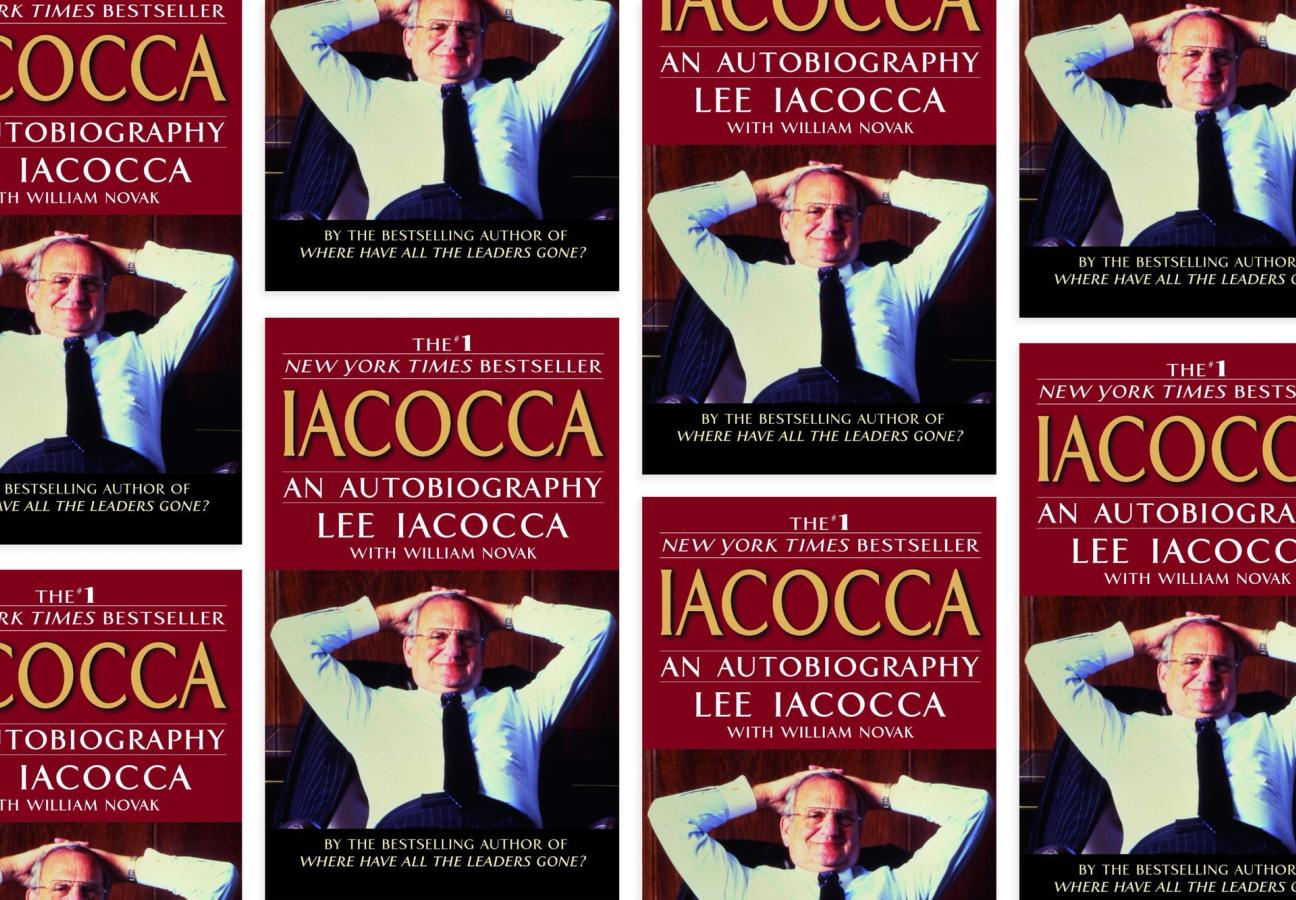
Subtitle: ‘An Autobiography’
Best story: Like the subtitle above, Iacocca’s best stories are simple. The American automobile exec doesn’t even make a joke about writing an ‘auto’-biography. He does, however, pay deference and show admiration of many of his colleagues — most notably in a story about Chrysler’s ex-boss John Riccardo, whom he observes was “sacrificing himself to save the company. He blew himself out of the water to bring Chrysler back to life. And that is the test of a real hero”.
What you’ll learn: To appreciate those you surround yourself with. The story above shows Iacocca’s capacity for admiration, and a recurring theme throughout the autobiography is humility. “I hire people brighter than me,” says Iacocca, “and then I get out of their way”.
Kitchen Confidential, Anthony Bourdain, 2000
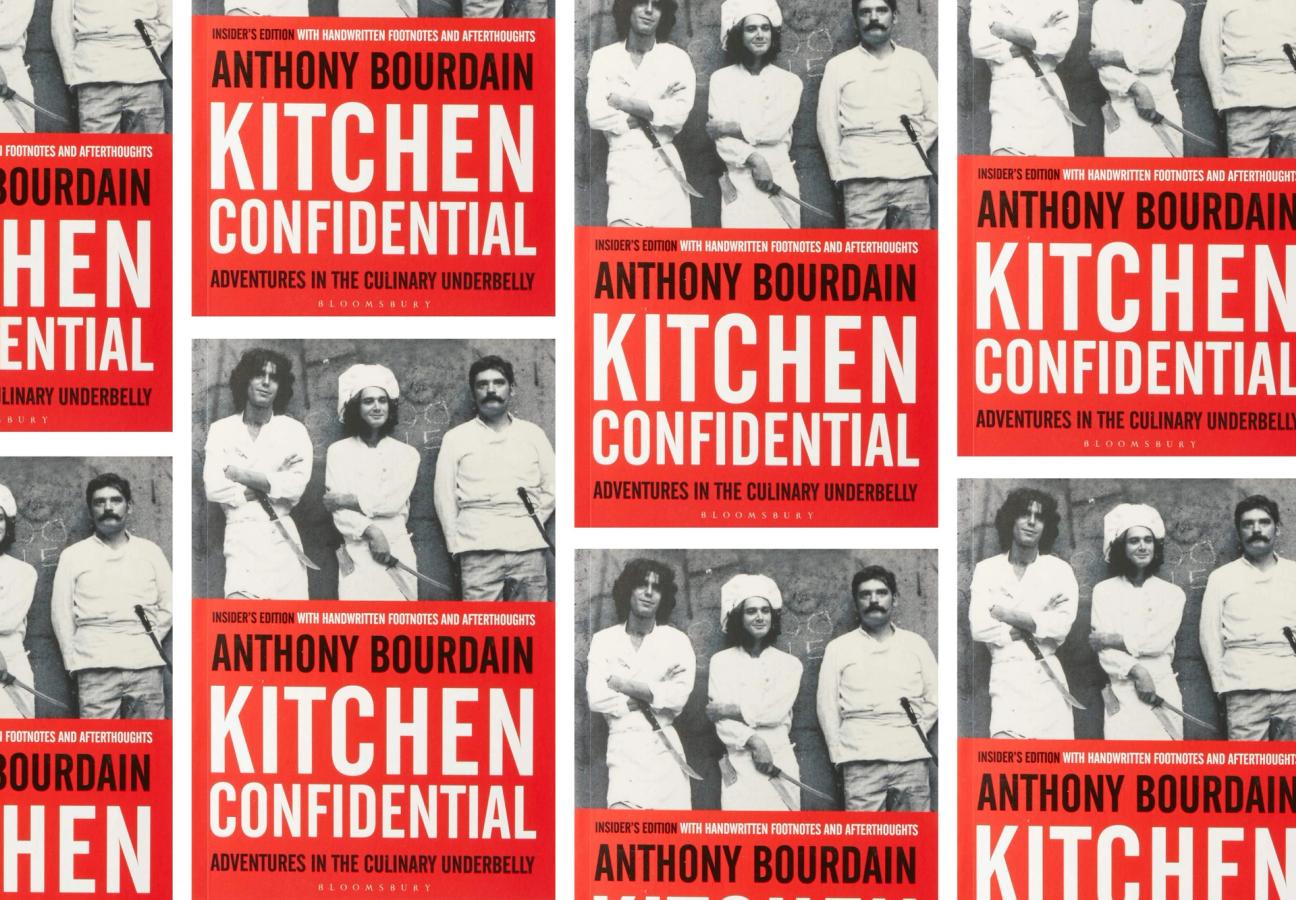
Subtitle: ‘Adventures in the Culinary Underbelly’
Best story: Definitely the passage in which Bourdain outlines when his ‘future’ began; namely, the first time he ate an oyster. “That one moment, still more alive for me than so many of the other ‘firsts’ that followed,” he writes. “First sex, first joint, first day in high school, first published book. I attained glory.” His writing shows raw passion, and will set you hunting for that one elusive thing which makes you feel the same way.
What you’ll learn: That how you approach and enter a new profession or professional sector will set the stage for your success. Bourdain warns that if you don’t have a masochistic, irrational dedication to cooking, you won’t survive in the restaurant world. Know what you’re getting into; and prepare accordingly.
Confessions of an Advertising Man, David Ogilvy, 1963
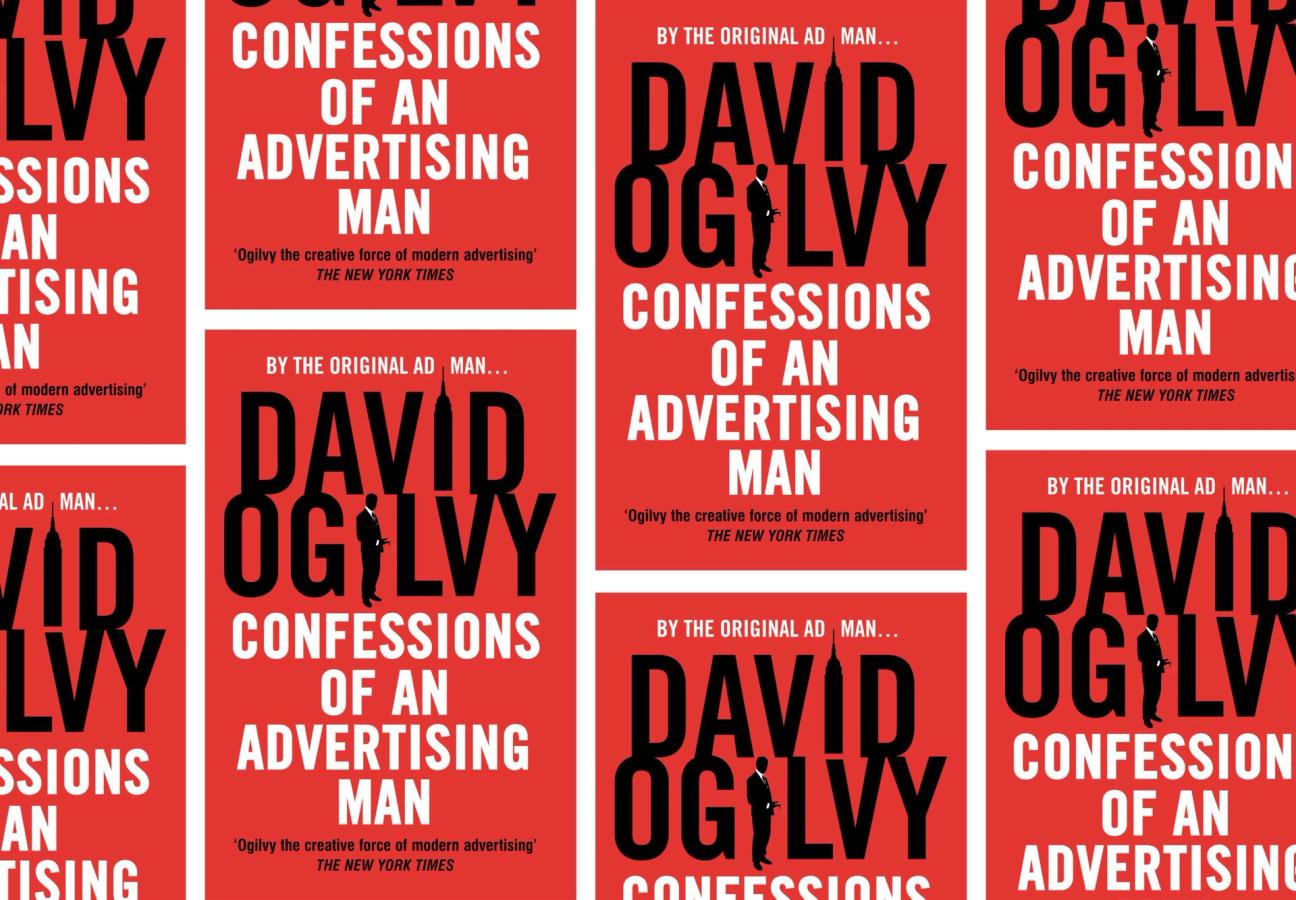
Best story: In Ogilvy’s seminal memoir, every word is written like advertising copy — and it has become recommended reading for most English-speaking advertising university courses around the world. The best story centres around the power of compliments. During the entire time Ogilvy worked as a chef for one Monsieur Pitard, he was paid just a single compliment by the restaurateur — while preparing frogs legs. But, as Pitard paid it to him in front of all the other cooks, Ogilvy appreciated it more so than he would have regular one-to-one praise.
What you’ll learn: What won’t you learn? Key messages include: dishonesty is short-sighted, and never profitable; alway avoid copy-catting; ensure there is no incompetency within your ranks; don’t shoot for mediocrity; fearful people can’t produce great work. Take your pick.
Peter Thiel, Zero to One, 2014
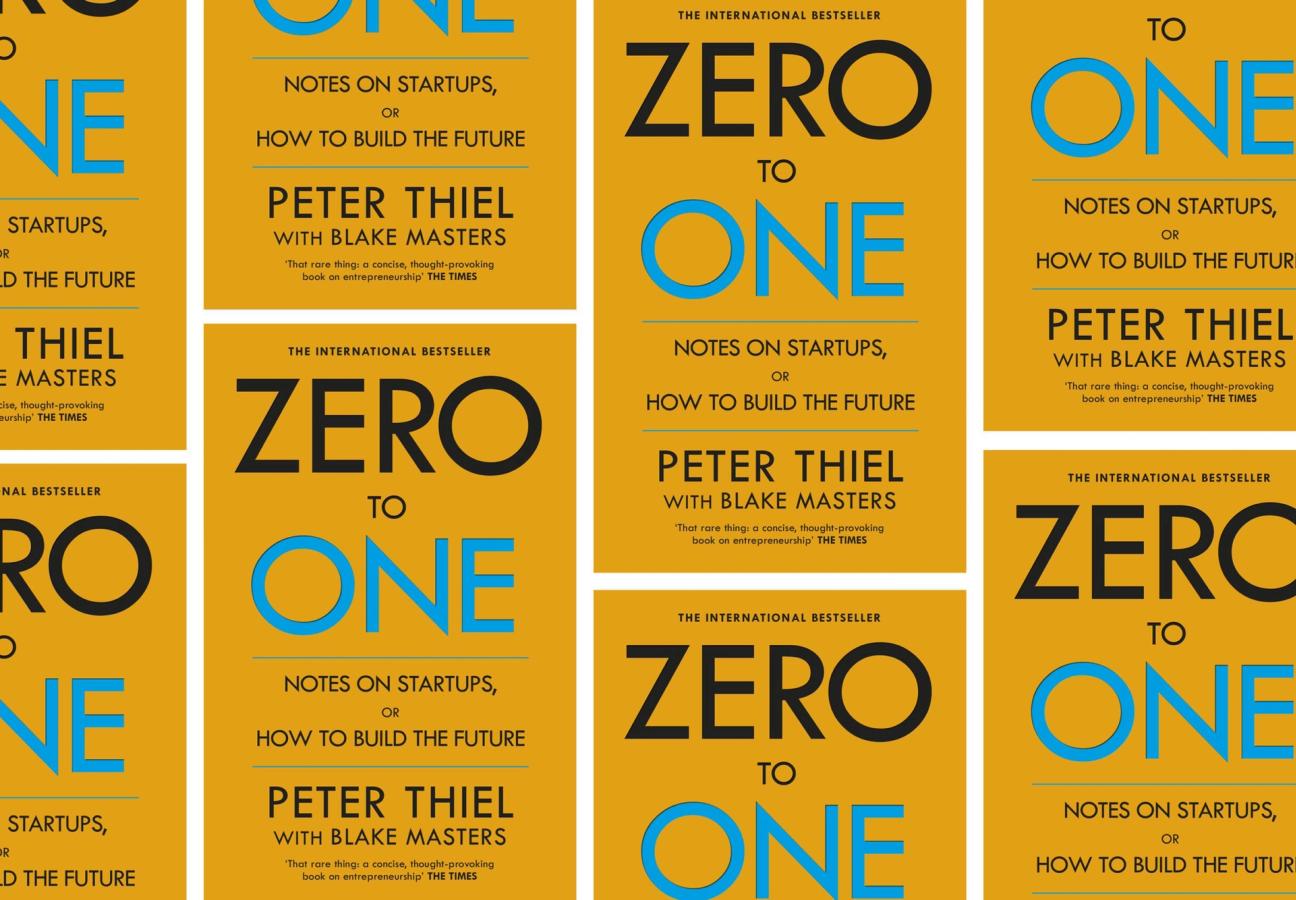
Subtitle: ‘Notes on startups, or: How to build the future’
Best story: Perhaps the part that focuses on the importance of uniqueness and originality in truly world-straddling businesses. “Our task today is to find singular ways to create the new things that will make the future not just different, but better,” Thiel (who founded PayPal and Palantir, among other behemoths) writes. “The essential first step is to think for yourself. Only by seeing our world anew, as fresh and strange as it was to the ancients who saw it first, can we both re-create it and preserve it for the future.” This, he says, is how we might begin to go from “zero to one.”
What you’ll learn: Almost everything in Thiel’s now-famous series of lectures for his S183 class on startups at Stanford University back in 2012. It’s a self-help book for entrepreneurs written with lightning-bolt clarity and freshness, yes — but it’s also a meditation on what it takes to be successful in the modern age, the process of building something from nothing, and capitalism-at-large in the twenty-first century. Political, theoretical, and wonderfully quotable.
Oliver Shah, Damaged Goods, 2018
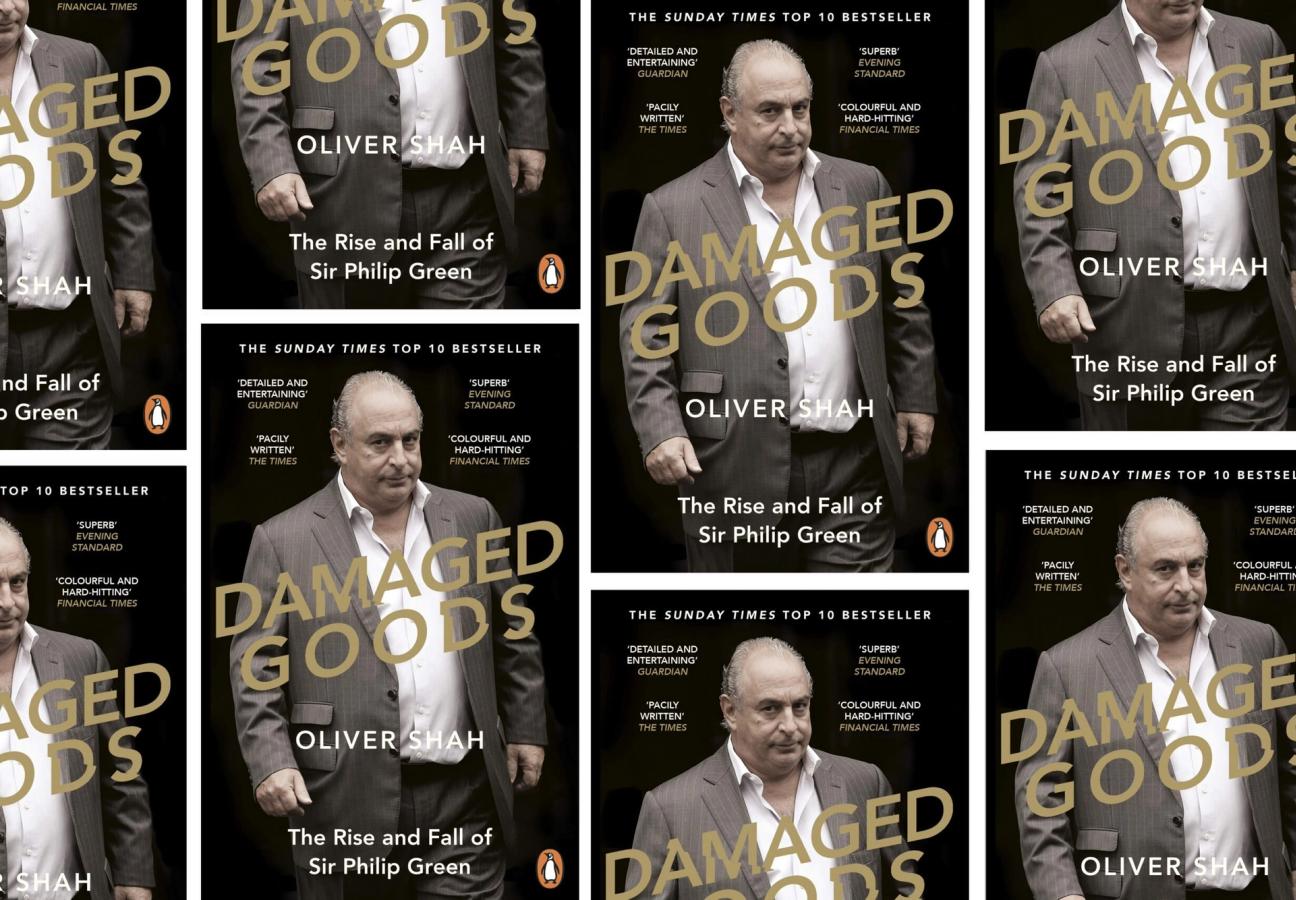
Subtitle: ‘The Inside Story of Sir Philip Green’
Best story: The book starts memorably enough, with Green threatening to throw author Oliver Shah, then the Sunday Times business editor, out of a window. And the rollercoaster romp just rolls on from there. But it’s the passages that reflect on Green’s monstrous ego and lavish appetites that resonate most poignantly today, as the onetime King of the High Street’s empire lies mostly in tatters. “If there is one common trait in every entrepreneur it is that he’s a thoroughly insecure animal whose main drive is vanity and whose main passion is a worship for prestige,” Shah concludes.
The gaudy, queasy details of the mogul’s three-day 50th birthday bacchanalia in Cyprus, and his gifts including a solid gold Monopoly game from Asprey, a red Ferrari Spider and a Harley Davidson with licence plate PG50, read now like haunting portents from some long-departed era. It is telling that, on the final day of the revelry, a decadent toga party is held — allowing Green to parade himself around the party like some corpulent, latter-day Emperor Nero. What could go wrong?
What you’ll learn:
That pride comes before a fall. And that if you’re going to withdraw a £1.2 billion dividend from your business — the biggest in British corporate history, by the way — you better pay it to your wife who happens to live in Monaco.
Looking for more inspiration? Here are the best business podcasts for budding entrepreneurs…
Join the Gentleman’s Journal Clubhouse here.


